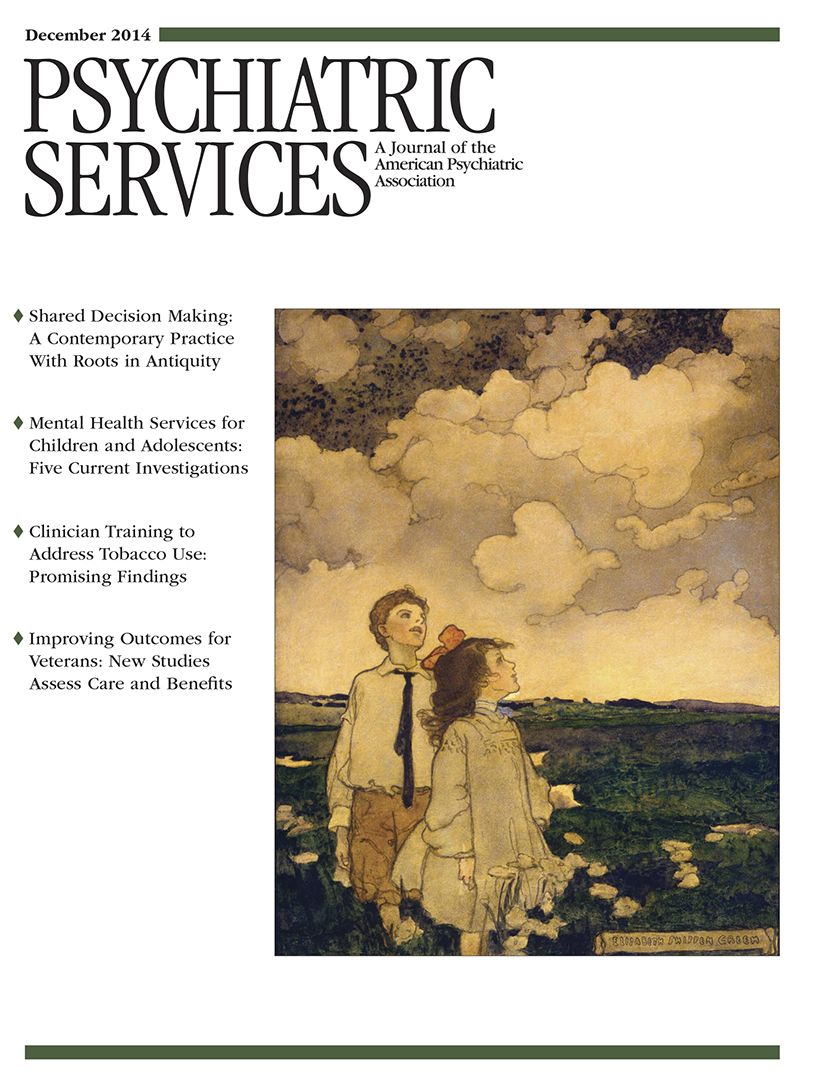Effect of Rural Residence on Use of VHA Mental Health Care Among OEF/OIF Veterans
Abstract
Objective:
The Veterans Health Administration (VHA) has worked to increase availability of mental health treatment for rural veterans. The objective was to understand the impact of rural residence on screening for, diagnosis of, and treatment for depression and posttraumatic stress disorder (PTSD) among veterans of Operation Enduring Freedom and Operation Iraqi Freedom (OEF/OIF) using VHA care.
Methods:
A cohort of veterans from a five-state region was identified whose first VHA clinic visit occurred between January 1, 2008, and March 17, 2009. The cohort was retrospectively followed for three months to identify a cohort who used VHA care at least twice.
Results:
The sample included 4,782 OEF/OIF veterans known to be using VHA care; mean age was 31 years (range 18–64); most were male (88%). Screening rates were 85% for depression and 84% for PTSD. Compared with veterans in small or isolated rural towns, those in urban areas were less likely to be diagnosed as having PTSD (odds ratio [OR]=.79, 95% confidence interval [CI]=.66–.95, p<.05) and less likely to receive psychotropic medications (OR=.52, CI=.33–.79, p<.01) or psychotherapy (OR=.61, CI=.40–.94, p<.05) for PTSD. Veterans living in urban areas were also less likely to receive antidepressants (OR=.56, CI=.32–.98, p<.05) or psychotherapy (OR=.61, CI=.40–.93, p<.05) for treatment of depression.
Conclusions:
Among veterans who used VHA care at least twice, those living in urban areas were less likely than those living in rural areas to receive diagnoses of and treatment for PTSD and depression.



